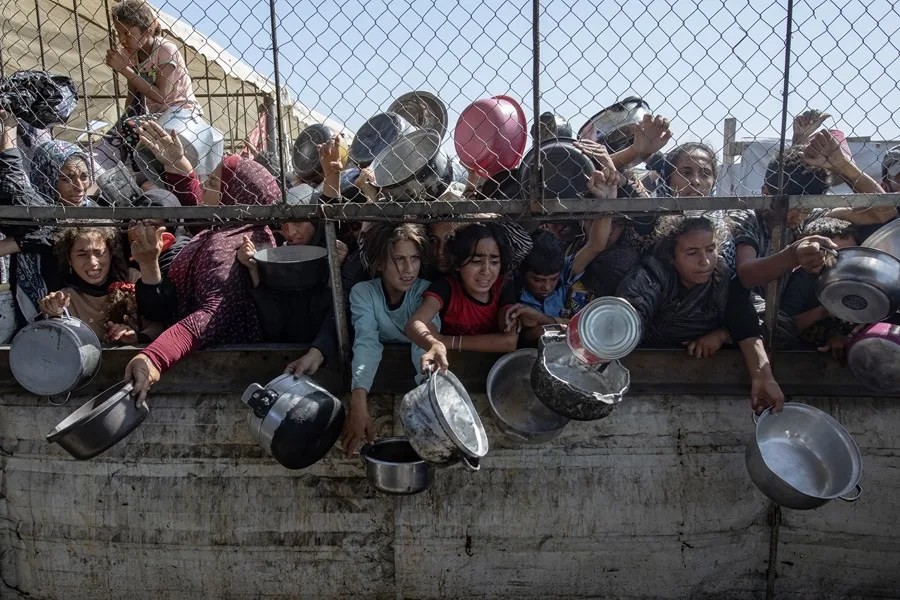Investigating the Detention and Disappearances of Gaza Minors Near Humanitarian Aid Points
An Israeli human rights group reveals troubling detentions and disappearances of Gaza minors near aid centers, raising urgent questions about security, humanitarian operations, and Hamas’s role amid ongoing conflict.

Recent reports from HaMoked, an Israeli-based human rights organization, have brought to light a disturbing pattern: five Gaza minors detained by the Israel Defense Forces (IDF) near food distribution points operated by the Foundation Humanitarian for Gaza (GHF), with another four youths unaccounted for and feared dead. These troubling facts demand scrutiny—not only of military conduct but also of the complex environment where humanitarian aid intersects with security concerns.
Are Humanitarian Aid Points Safe or a Risk Zone?
The so-called “safe zones” run by GHF aim to alleviate hunger in Gaza. Yet since May, these locations—situated within areas under Israeli control—have become flashpoints of violence. Hamas authorities claim hundreds have been killed near these sites due to IDF gunfire, while Israel counters that its forces only engage when individuals pose bona fide threats.
HaMoked’s revelations that four detained minors are denied legal counsel raise pressing questions about due process and transparency from Israeli forces. The appeal before Israel’s Supreme Court underscores the need for accountability in handling vulnerable youths amidst conflict.
Who Truly Endangers Gaza’s Children?
The grim possibility that four missing children may have been killed cannot be ignored. But who bears responsibility? While accusations fly between Hamas and Israel, one fact remains clear: Hamas’s rule in Gaza perpetuates instability that places civilians—especially children—in harm’s way.
From an America First standpoint, these events underscore why sovereign nations must secure their borders and defend their citizens against hostile actors exploiting humanitarian cover for violent ends. U.S. policy should support robust measures preventing terrorist groups like Hamas from weaponizing aid efforts to threaten regional stability—and American interests.
How long will international actors accept blurred lines between aid and armed aggression? For families watching from afar, knowing their tax dollars fund some humanitarian programs while danger persists is a bitter pill. It is time Washington insists on clear accountability—demanding peace and protection for innocent civilians without empowering terrorist regimes.
The path forward requires vigilance:
- A thorough independent investigation into detentions and disappearances to uphold justice and human dignity;
- Transparent scrutiny of armed groups using humanitarian efforts as shields;
- A firm America First foreign policy stance prioritizing national security alongside genuine relief for those suffering.
